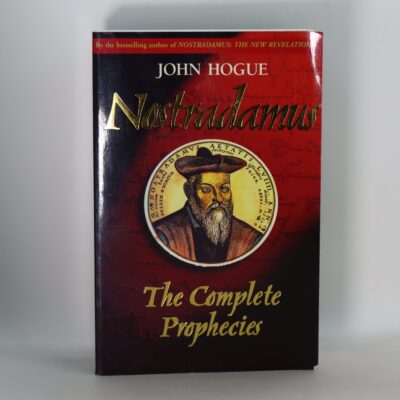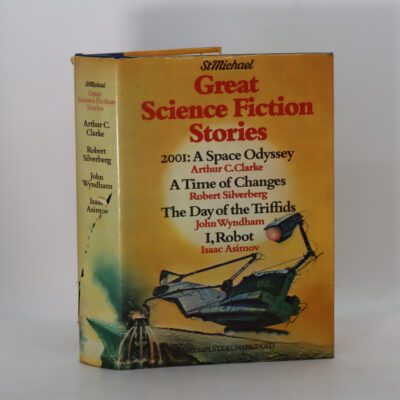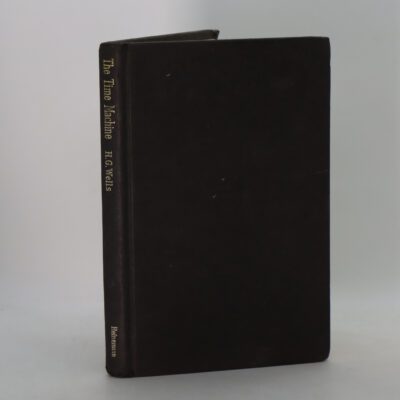Problems of Contemporary World Futurology.
By Vladimir I Yakunin
ISBN: 9785042315749
Printed: 2011
Publisher: Cambridge Scholars Publishing. Newcastle upon Tyne
Edition: First edition
| Dimensions | 15 × 21 × 3 cm |
|---|---|
| Language |
Language: English
Size (cminches): 15 x 21 x 3
Condition: As new (See explanation of ratings)
Your items
Item information
Description
Glossy green board binding with black title and picture of black hole on the front board.
F.B.A. provides an in-depth photographic presentation of this item to stimulate your feeling and touch. More traditional book descriptions are immediately available.
Humankind has always striven to catch a glimpse of the future. Egyptian priests, Babylonian astrologers, Greek oracles, and medieval magicians stared at the sky and tried to foresee the coming catastrophes, relying on certain distributions of the stars. Contemporary fantasists construct models of the future through the pages of their novels and astonish readers with unbelievable pictures of a technocratic society where the very human personality has transformed under the influence of technological advance. However, most of all the previous attempts to foresee the future has remained in the framework of banal superstition or ordinary creative writing. At the same time, the principal question does not cease to be of current interest. Is scientific forecasting of the near and distant future possible? The authors of this book are convinced that it is. On the basis of rigorous methodology, mathematicians, physicians, philosophers and historians demonstrate how the world will look in coming decades and centuries and try to find out if the future can be determined. Along with general philosophical analysis, mathematical modelling is used in order to give the reader a clear and objective vision of the future. The book will be useful for everyone who takes care of his own destiny and the destiny of the next generations.
About the Author
Born in 1948, Vladimir I. Yakunin graduated from the Leningrad Institute of Mechanics as a Mechanical Engineer in 1972 and began his career as a junior research scientist at the State Institute of Applied Chemistry. After completing military service in the Soviet Army, he worked as an engineer and senior engineer at the Administration of the State Committee of the Council of Ministers of the USSR for Foreign Trade and was also head of department at the A. F. Yoffe Physics and Technical Institute of the Academy of Sciences of the USSR. Between 1985 and 1991, Yakunin was Second and then First Secretary of the USSR’s Permanent Representative Office at the United Nations. He was then Chairman of the Board at the International Centre for Business Cooperation before becoming head of the North-Western Federal District Inspectorate of the Senior Control Department of the President of the Russian Federation. Yakunin became Deputy Minister of Transport in October 2000 and first Deputy Minister of Railways in February 2002. In October 2003, the Board of “Russian Railways” unanimously appointed Yakunin First Vice-President of the Company. He was appointed President of “Russian Railways” by the Government of the Russian Federation in June 2005. Vladimir Yakunin is a Doctor of Political Science. Since January 2006, has been the scientific supervisor and Chairman of the Board of Trustees of the Governance and Problem Analysis Centre attached to the Economics Section of the Department of Social Sciences at Russian Academy of Sciences. Since 2010 has been the Head of a Department of Lomonossov Moscow State University. He is also the Founding President of the World Public Forum “Dialogue of Civilizations.”
Want to know more about this item?

Share this Page with a friend











